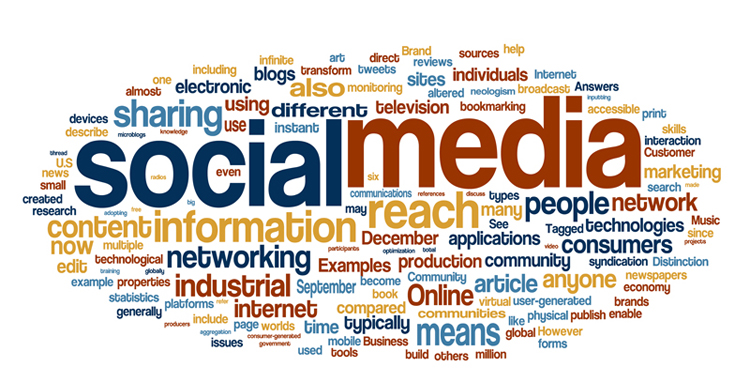Recipient of Macao Literary Prize and Macao Novel Prize, Joe Tang is a writer and cultural commentator, and has published novels, including The Floating City, Assassin, and The Lost Spirit. The latter two titles were translated into English and Portuguese. Joe’s portfolio also includes commentaries on art and plays. They include Words from Thoughts, Philosopher’s Stone, Journey to the West, Rock Lion, Magical Monkey and The Empress and the Legendary Heroes.

If you’ve been to the theatre recently, you may have noticed that at the end, in addition to coming on stage to bow, the cast and crew have also started inviting audience members to promote the show on Facebook and share it with their friends. Like Birdman, the cruel spectre of a play’s fate being determined by the words of a single theatre critic is gradually disappearing. Social media platforms like Facebook, Weibo and Twitter are changing the relationship between traditional media and culture. The positive effect of friends promoting a particular film or play on Facebook is probably much greater today than a review in Macao Daily.
Paul Hirsch, Professor of Strategy and Organisational Behaviour of Kellogg School of Management at Northwestern University, said that the mass media acts as a gatekeeper of culture industries; any trend or product trying to break into the main social system needs to be accepted by all its sub-systems first, including the media. This underscores the importance of mass media to culture industries, as it can help connect everyone in the industry including the creator, critic, investor and consumer. And the different players in the diverse media landscape (which includes social media) can then exercise their influence among different smaller groups or circles to result in subtle and far-reaching effects.
As internet use becomes more and more widespread, different social media platforms are fighting to take eyeballs away from traditional media. From age eight to 80, everyone is switching to new media platforms. It’s not hard to see that this is where the future lies. But there are also problems that inevitably arise. In traditional media, the selection of information and its dissemination are under the control of a set of rules and protocol, run by professionals such as reporters and bureau chiefs. Arts administrators and public relations practitioners also abide by these rules. In contrast, the world of social media is extremely difficult to manage. There is no one to set rules or control the flow of information. Posts ebb and flow with the public’s mood and whatever is trending. Especially when it comes to crisis management, thing gets very tricky. One misstep and the consequences can be extremely unpleasant. People and companies can use social media to promote their products, services or brand to a huge number of people, basically for free. On the other hand, social media is an omnipresent monitor scrutinising every person, every customer, every item that is sold, presenting itself as a double-edged sword. In the infinite world of social media, anything could potentially be a ticking time bomb. Therefore, “social media marketing” is an art form no budding culture entrepreneur can ignore, within which lies endless commercial opportunities.